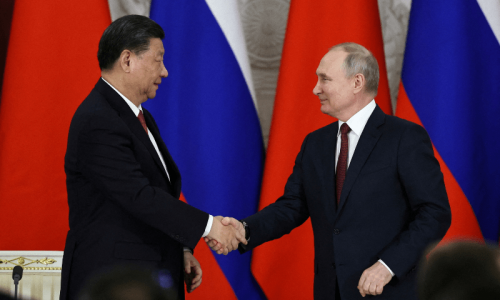AS the Sistine Chapel chimney spewed out clouds of very black smoke on Tuesday night, Federico Lombardi, the Vatican’s spokesman, received a phone call from a journalist. How had the cardinal electors managed to get the smoke quite that black, the reporter wanted to know, when in previous conclaves it had often been a confusing shade of grey?
Chemistry, Lombardi joked, was not his strong point. But valiantly, on Wednesday, the Jesuit priest nonetheless embarked on a detailed description of smoke-making at the Sistine Chapel’s two stoves.
It was not easy. Lombardi, deftly able to navigate the obscurest of Vatican minutiae, showed signs of acute unease when it came to the periodic table.
His English-speaking assistant, Fr Tom Rosica, experienced even greater difficulty when it came to translating the names of the various chemicals from Italian to English - though, as he said, he had only been presented with them minutes before.
Apologetically, he explained: “I don’t study this stuff; I study the Bible.”
The system they were outlining was not straightforward. There are two stoves in the Sistine Chapel, one that has been used in conclaves since 1939, and one, introduced in 2005, which has an electronic smoke-producing device in it.
The ballot papers are burned in the first, while the device in the second activates a cartridge holding five lots of chemical mixture that are loaded gradually over the course of seven minutes. This is designed to make the smoke either clearly black or clearly white.
For the black smoke the mixture is potassium perchlorate, anthracene and sulphur, the Vatican confirmed. For the white version it is potassium chlorate, lactose and a pine resin known as Greek pitch. The two stoves join in one pipe that connects them to the chimney.
At the end of his explanation Lombardi received a round of applause from the press corps.
“It used to be that a theology qualification was useful to cover the Vatican,” tweeted Michael Kelly, editor of The Irish Catholic. “Now I’m wishing I did chemistry.”
By arrangement with the Guardian











































Dear visitor, the comments section is undergoing an overhaul and will return soon.